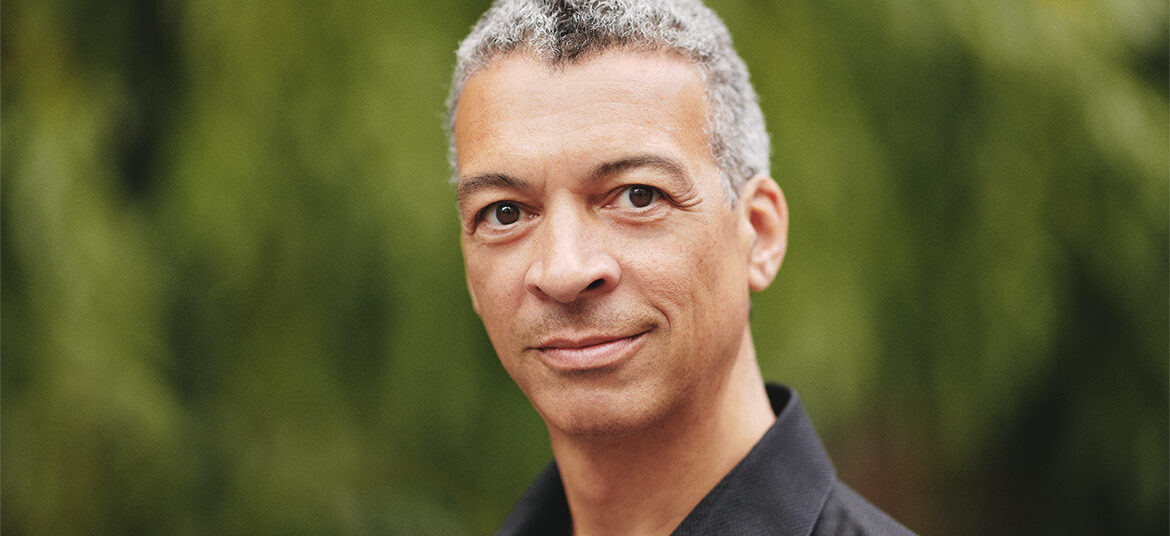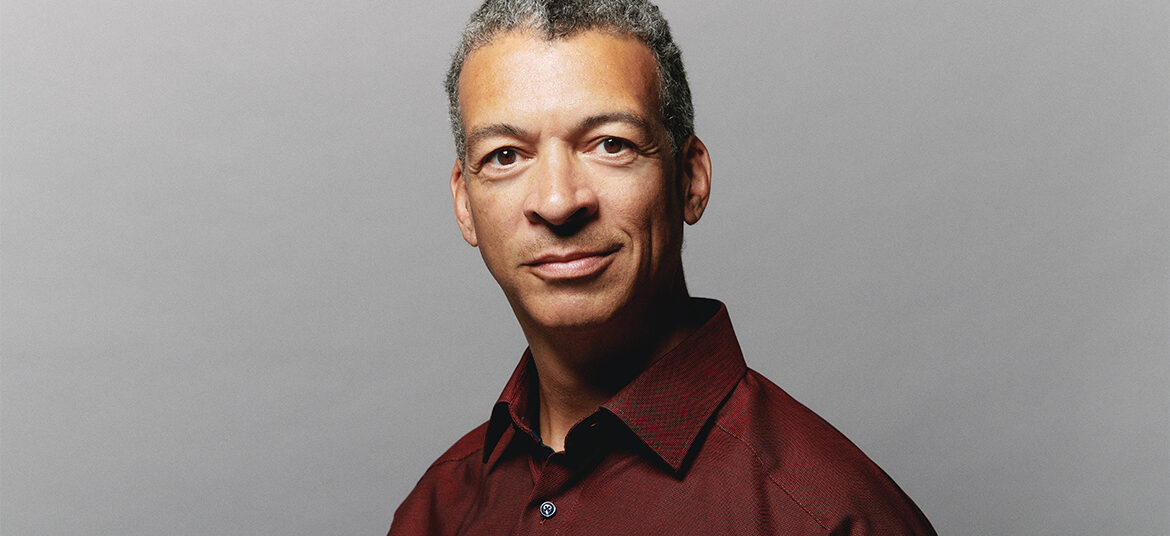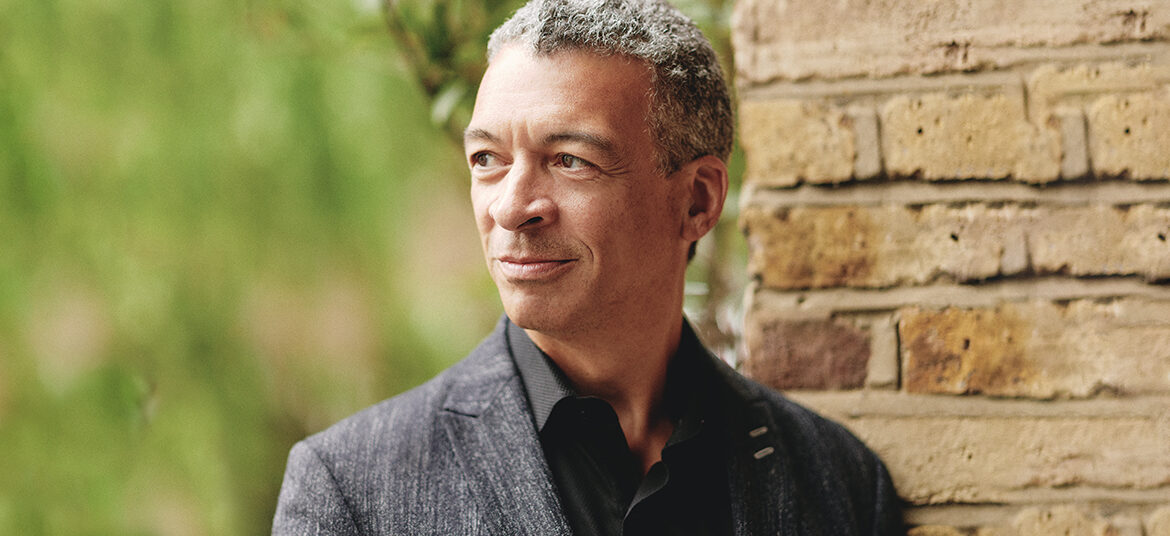TRANSCRIPT
Scofield: “Come Into The Garden, Maud” contains kind of a contrast between the very melodious kind of lyrical quality of the music and the story, which has got really a lot of trauma in it as well. Wouldn’t you say?
Williams: I certainly would. This is not meant as a criticism of Somervell as a composer – it’s going to sound like a bit but it’s not – because we live in different age now, our awareness of mental health issues and trauma in the 21st century is totally different to the perception of it at the end of the 19th. The sort of sensibilities of what you could write as a composer for general consumption is different. But I do feel that some of those music is beautifully lyrical, it’s so wonderful to sing that Susie tells me it’s wonderful to play too. It is a wonderful English answer to the lyricism of Robert Schumann, but when you read the poem through by itself, you get an understanding of how dark the character is. It really is a desperate poem. I find that it’s almost a mismatch, and something that I enjoyed playing with frankly.
Scofield: Yes, and it seems like just to fast forward 100 years in our late 20th, early 21st century music. We are very good at dealing with emotional trauma crisis.
Williams: That’s typical art, isn’t it? [Laughter]
Scofield: But we’re not so good at this kind of lyricism and melodious quality through the music. Maybe they had something back there in the 19th century that we have lost. What do you think?
Williams: I think that’s a fascinating thought. There’s an “oh, so sophisticated” in the 21st century, there’s a kind of distrust of anything that’s just overtly lyrical. I have to say to you- this is in advance of anything I’ve ever written- my father during lockdown sent me a list of poems. And he said, “Roddy, I wish you would just look at these poems, and think about setting them to music yourself in a manner that even I could sing.” He’s a retired businessman, he’s an amateur singer, and you know what, I began thinking as an album of songs that I might entitle something like Songs My Father Could Sing. Just rather than being extended vocal techniques, these are songs that anybody could sing. Something that’s modern, but lyrical and attractive, without that sounding like a pejorative term.
Scofield: No, I’m going to spring to your dad’s defense here, because despite a lot of modern musicians and composers and these musicologists from the academy and the university, the audience, in fact, still loves melody, beautiful soaring melody and lyrical qualities to their music, even to this day. I think there’s a lot of truth in what your dad says.
Williams: Yes, shall we say that, if we want crisis and disaster and despair mix, we can just turn on the evening news, so that’s easily taken care of. If we want something that’s beautiful, something that we can lose ourselves in, something gives us hope and something that stirs emotions in us, not just depressive emotion, but something that’s stirring and positive, then there is a place in art for that positivity. It is not a bad word!
Read more about Roderick Williams on their OFFICIAL WEBSITE.




